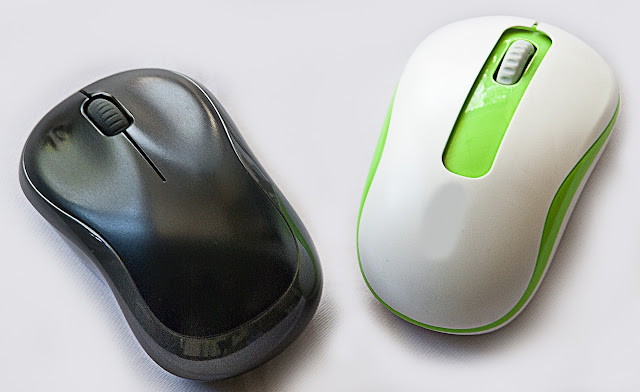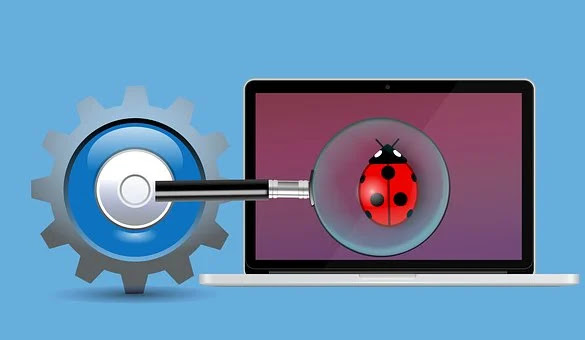The study says the coronavirus can live on mobile screens for up to four weeks

The study says the coronavirus can live on mobile screens for up to four weeks Research has shown that the coronavirus can live on mobile screens for up to 28 days. The Commonwealth Scientific and Industrial Research Organization (CSIRO), Australia's national science agency, has discovered this fact. According to the study, the Covid 19 virus can survive for up to 28 days on normal surfaces, including banknotes, mobile screen glass, and stainless steel. The research was conducted at the Center for Disease Preparedness (ACDP) in Geelong, Australia. Glass, which has a lower temperature and a flat surface than complex surfaces such as SARS-COVE-2 cotton, has been shown to survive longer in stainless steel. The study, published in the journal Virology, found that the virus was more likely to be present on paper banknotes than on plastic banknotes. However, the study was conducted at 20 C (usually room temperature) and in a dark place. The flu virus, on the other hand, can survive for





